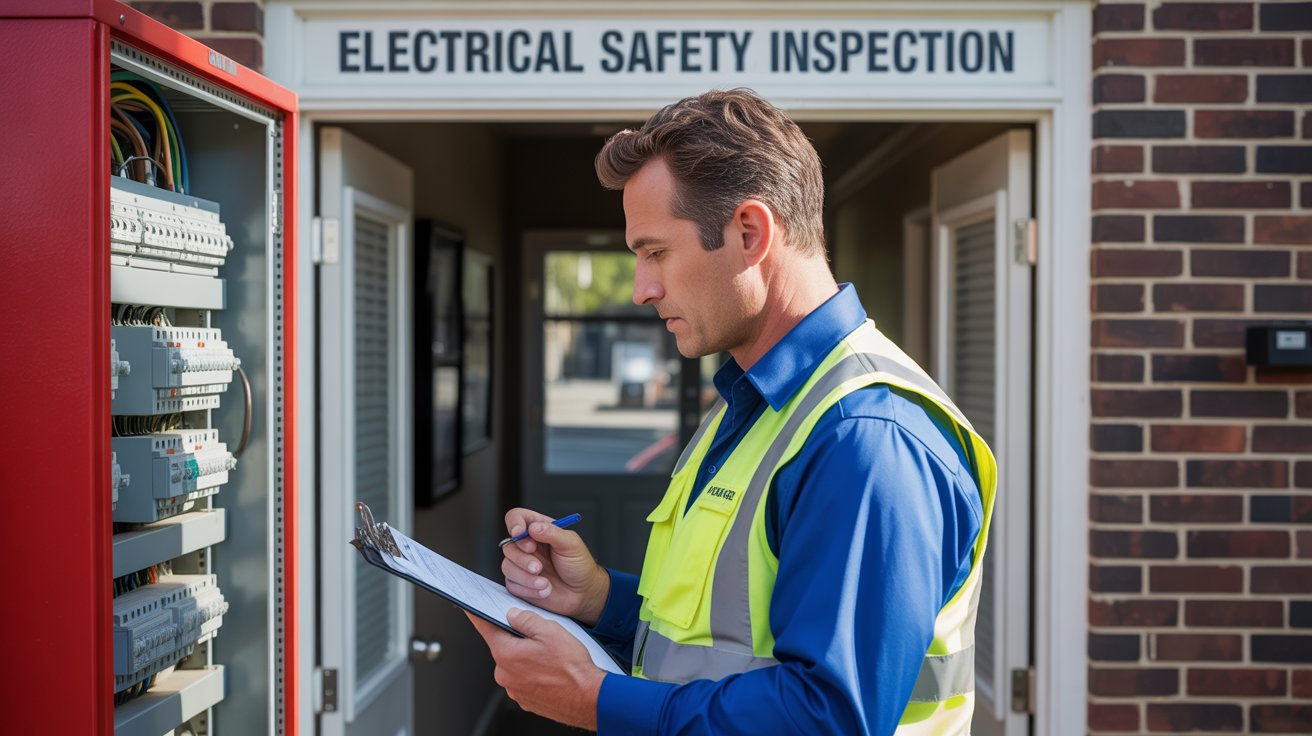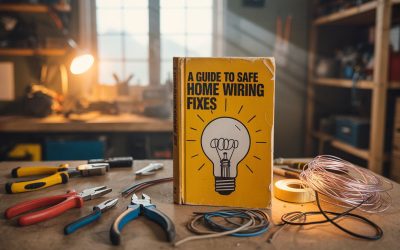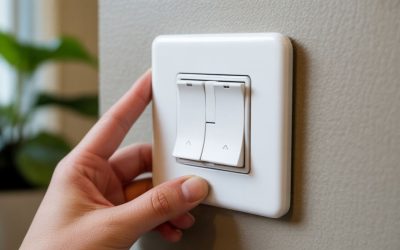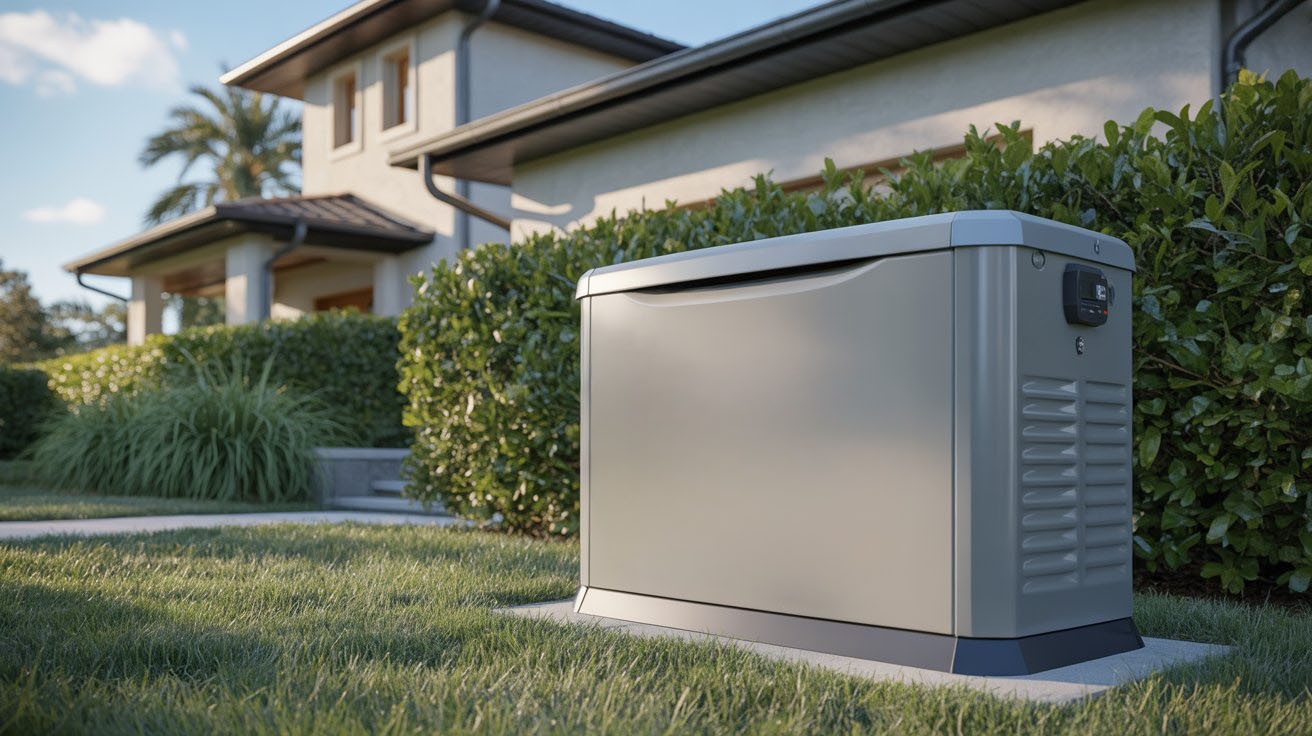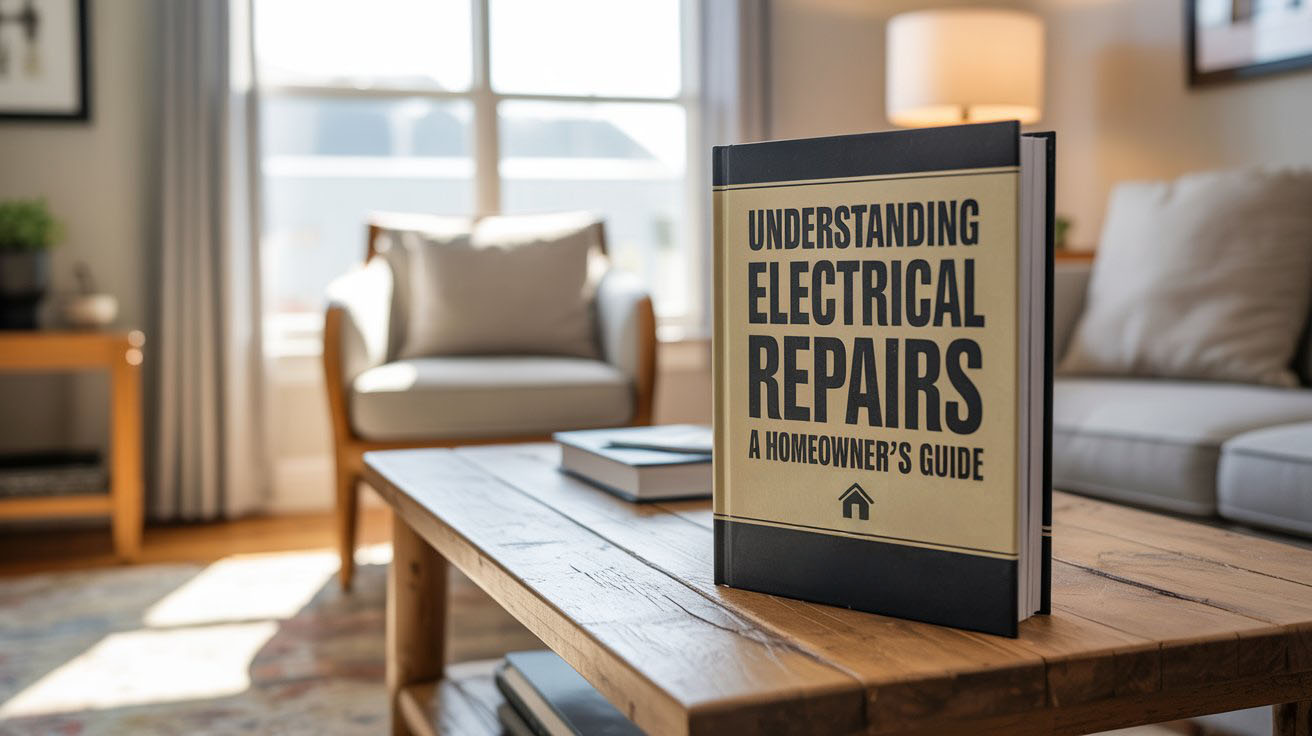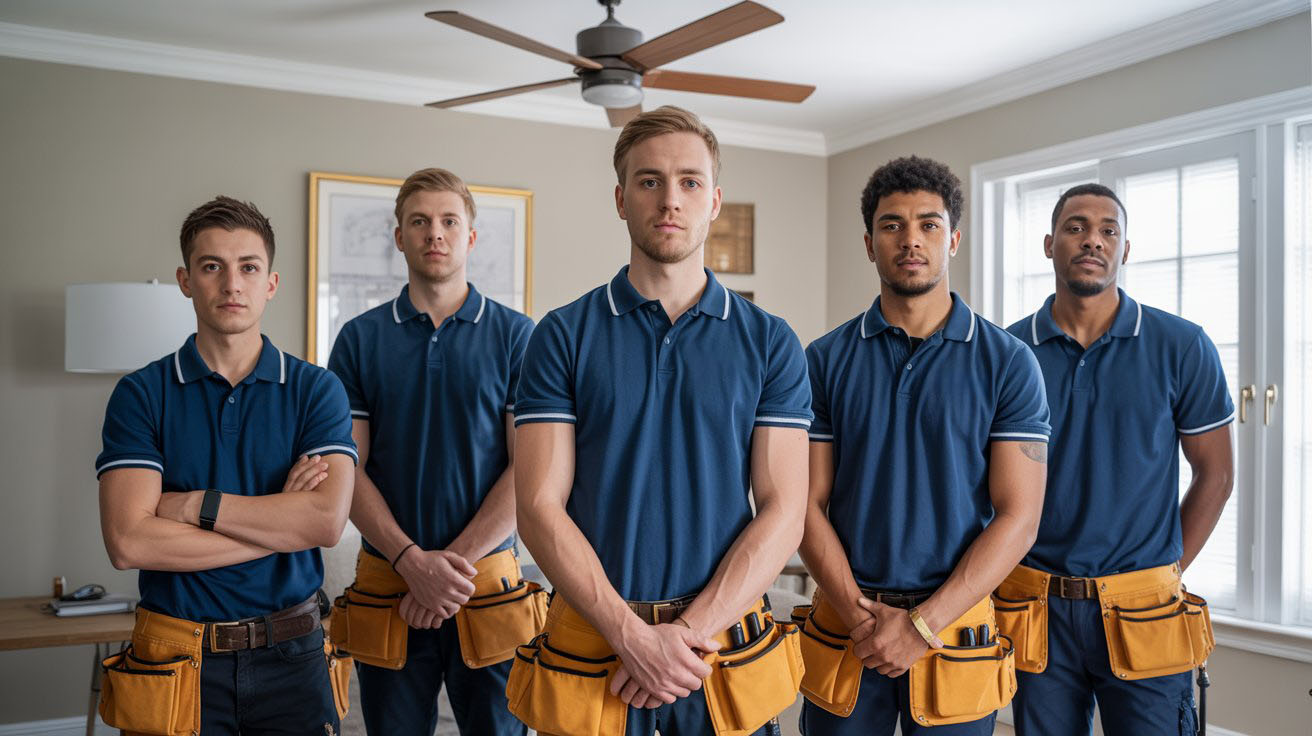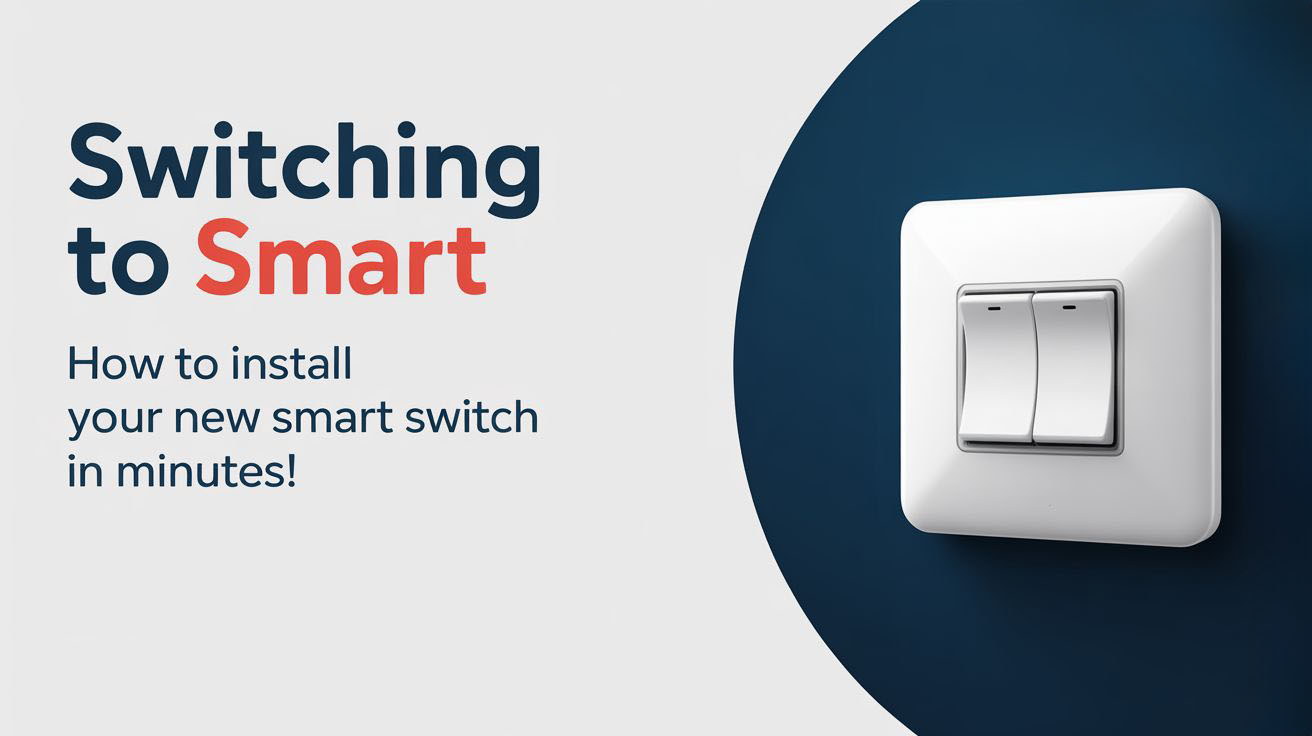Electrical safety inspections are vital for protecting your home. A minor electrical issue can pose significant hazards, including fires and electrocution. Ensuring that your home meets safety standards is crucial, whether you are buying, selling, or simply maintaining your property.
Table of Contents
- Why Every Home Needs Electrical Safety Inspections
- Basic Elements of an Electrical Inspection
- How to Choose an Electrician
- Key Takeaways
- Frequently Asked Questions
Why Every Home Needs Electrical Safety Inspections
Regular electrical safety inspections help identify issues before they become serious problems. Many people are unaware of potential hazards lurking in their wiring or devices. Failing to keep up with these inspections can result in fines, higher insurance premiums, or increased repair costs.
Another reason for having these inspections is to comply with local building codes. Homeowners may face legal troubles if their electrical systems don’t meet regulations. Keeping your home safe isn’t just about protection—it’s also about adhering to community standards.
Basic Elements of an Electrical Inspection
An electrical safety inspection generally covers several key areas to ensure your home is safe. Here are the basic components:
- Wiring Inspection: Check for frayed wires or poor connections.
- Grounding Systems: Ensure all systems are properly grounded to prevent electrical shocks.
- Electrical Panels: Inspect the main service panel for signs of corrosion or damage.
- Smoke Detectors: Test smoke detectors and ensure they are up to code.
- Appliance Safety: Review appliances to see if they meet safety standards.
These elements help create a complete picture of your home’s electrical health. A few simple steps can go a long way toward preventing serious issues down the line.
How to Choose an Electrician
Selecting the right electrician is essential for ensuring thorough safety inspections. Here are some tips for making the right choice:
- Check Qualifications: Always verify licenses and insurance to avoid liabilities.
- Read Reviews: Look for reviews from past clients to assess the reliability of the service.
- Get Multiple Quotes: Comparing estimates helps you find quality service at a reasonable price.
- Ask About Experience: Ensure the electrician has experience with inspections similar to your needs.
Taking the time to choose the right electrician can save you money and ensure a safe living environment.
Key Takeaways
- Regular electrical inspections protect your home from hazards.
- Inspections cover wiring, grounding, and appliances to ensure safety.
- Choosing a qualified electrician is crucial for thorough and accurate inspections.
Frequently Asked Questions
What is an electrical safety inspection?
An electrical safety inspection is a thorough check-up of your electrical system to identify any potential hazards.
How often should I have an inspection?
It is recommended to have an electrical inspection at least every five years or before buying or selling a home.
What are the signs that my home needs an inspection?
If you experience frequent power outages, flickering lights, or burning smells, it is time to schedule an inspection.
How long does a typical inspection take?
The duration depends on the size of your home, but most inspections last between 1 and 3 hours.
Can I perform an electrical inspection myself?
While you can check some things, it’s best to rely on a licensed electrician for a thorough and effective inspection.
Schedule Your Electrical Service Today
Taking care of your home’s electrical system is essential for safety and peace of mind. If you are due for an inspection, do not hesitate to contact us today. We are here to help you ensure the safety of your home for you and your loved ones.

